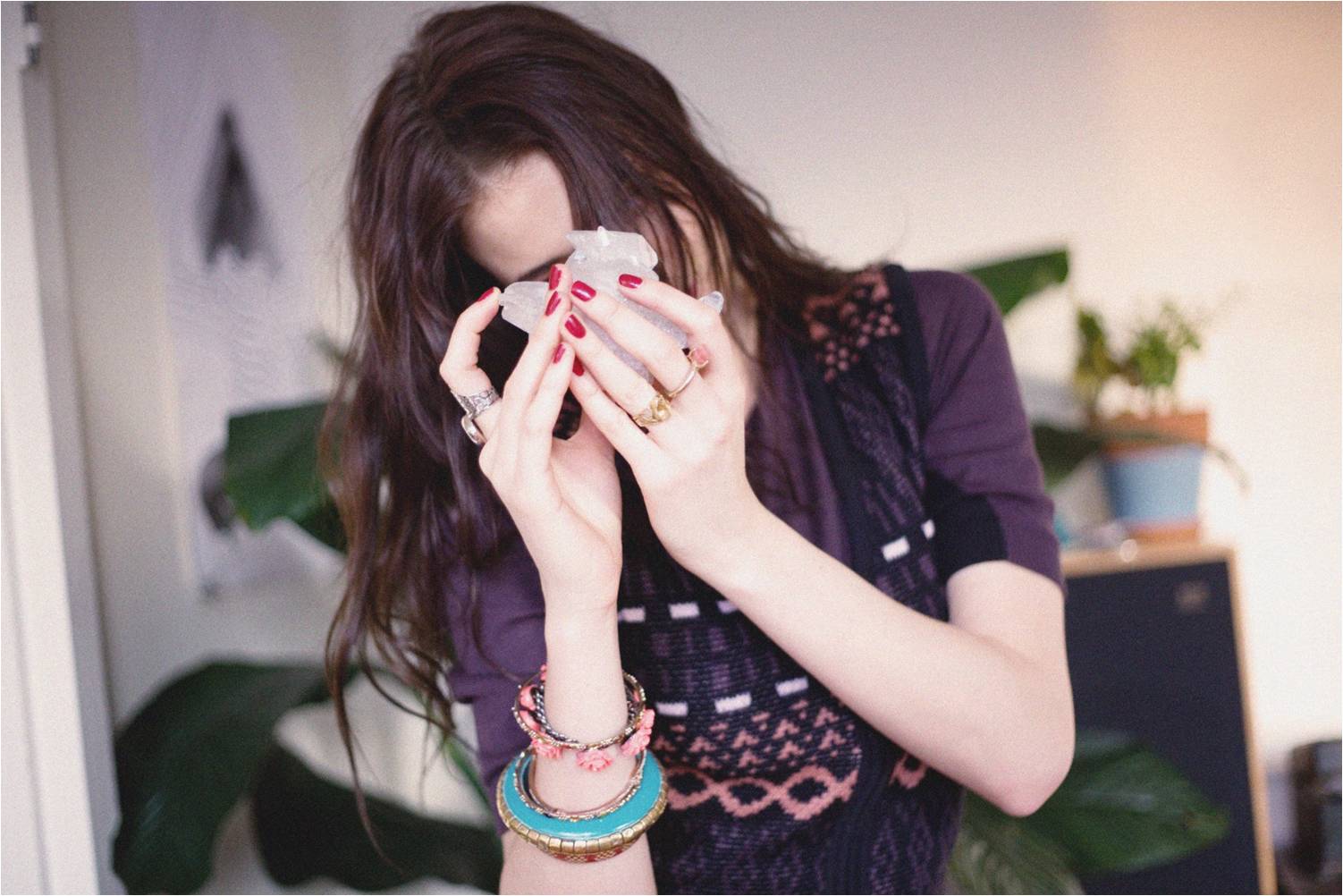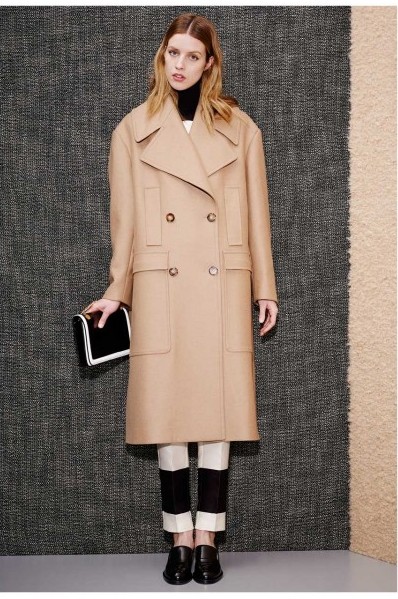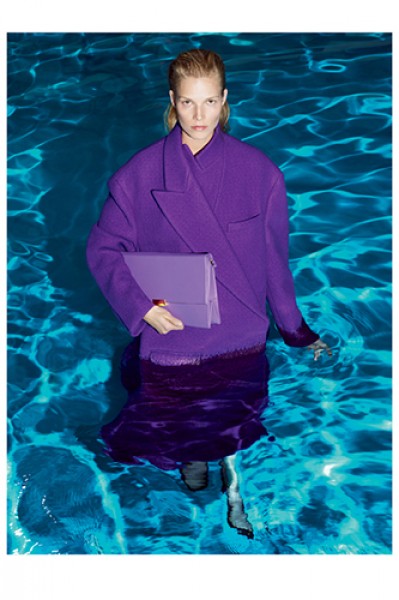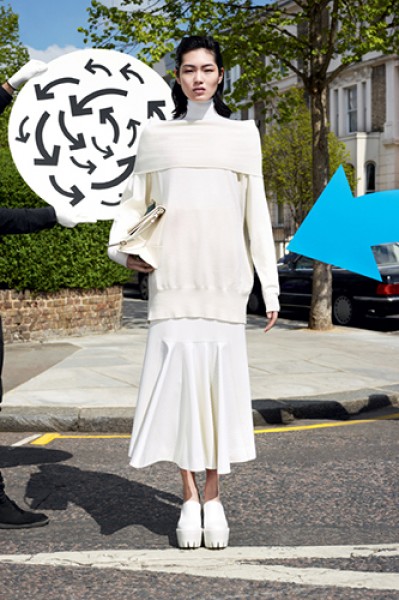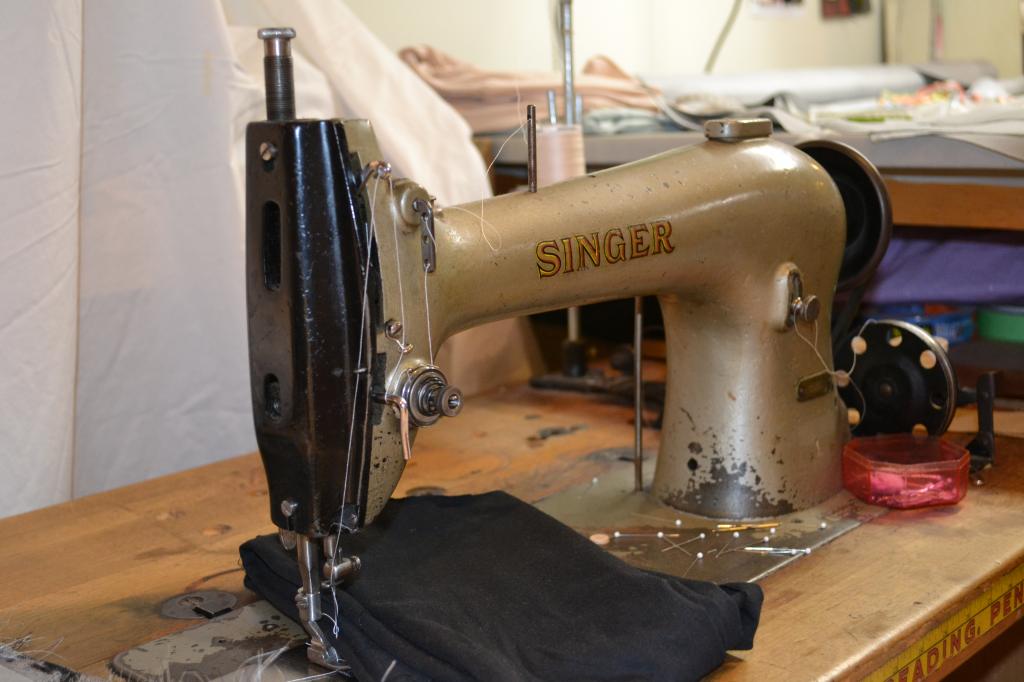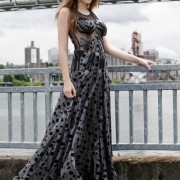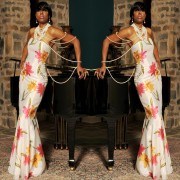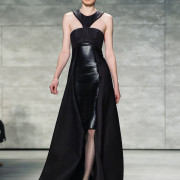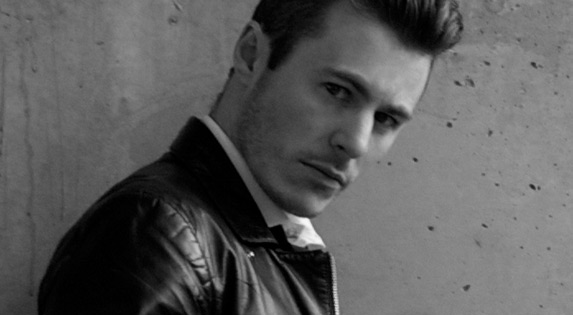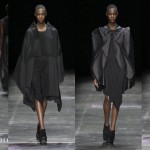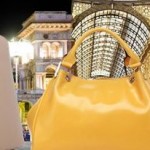Going Green: Three Eco-fashion Designers To Know
Over the past year, “fast fashion” has joined the arsenal of buzz-phrases used by eco-fashion followers and style bloggers alike. With every season bringing forth new trends, the demand for throwaway fashion is quickly answered by large retailers— and often at a cost to the environment.
While many shoppers realize that a $10 shirt likely has ethical and environmental ramifications, knowing how to find eco-friendly clothing and accessories is not always clear. Add the fact that many brands have hopped on the bandwagon by using terms like “organic,” “sustainable” and “natural” for marketing purposes, and the quest becomes even more difficult.
There is no single definition for eco-fashion. Sustainability can range from using organic fabrics and creating garments from recycled materials to disposing of production waste responsibly. On the quest for eco apparel, investigating every aspect of production is essential. Many of the top sustainable fashion brands, including People Tree, Edun and Carrie Parry are also fiercely committed to ethical business practices.
Environmentally friendly fashion isn’t new. In fact, it first garnered popularity in the ‘80s and ‘90s with designers like Martin Margiela and Stella McCartney. What’s changed is that it’s no longer just considered a fad. With Eco Fashion Week in Vancouver inspiring other cities to follow suit, it’s safe to say green isn’t just the new black; it’s here to stay.
For those ready to venture into the world of environmentally friendly style, we’ve rounded up the three eco-fashion designers to know:
Vancouver-based Leanne McElroy is leading the pack of eco-friendly designers in Canada. The company uses an ethical business model by supporting fair trade markets in Indonesia’s developing communities. Elroy’s line features chic and feminine pieces made from organic cotton, bamboo, linen, hemp, tencel, wild silk, in addition to other organic, sustainable and upcycled materials.
Earning the Designer of the Year accolade at the 2012 British Fashion Awards, Stella McCartney continues to prove that leather and fur aren’t always necessary on the runway. In addition to her commitment to being cruelty free and vegan, McCartney uses sustainable fabric technology to produce her high-end collections.
Loomstate may be mass-produced, but the New York City-based company uses environmentally friendly fabrics and practices. The brand was founded in 2004 by design duo Rogan Gregory and Scott Mackinlay Hahn. Loomstate strives to eliminate manufacturing waste and uses 100 per cent organic cotton while also promoting a closed-loop product life cycle. Plus, the effortlessly chic garments from their 321 collection can be worn up to five different ways.
Images from Stella McCartney’s autumn 2013 campaign; Featured image: Elroy Apparel (Fall 2013 look book)
Article written by Julia Eskins.
Julia Eskins is a Toronto-based writer and features editor at FAJO Magazine. You can follow her on Twitter at @juliaeskins

